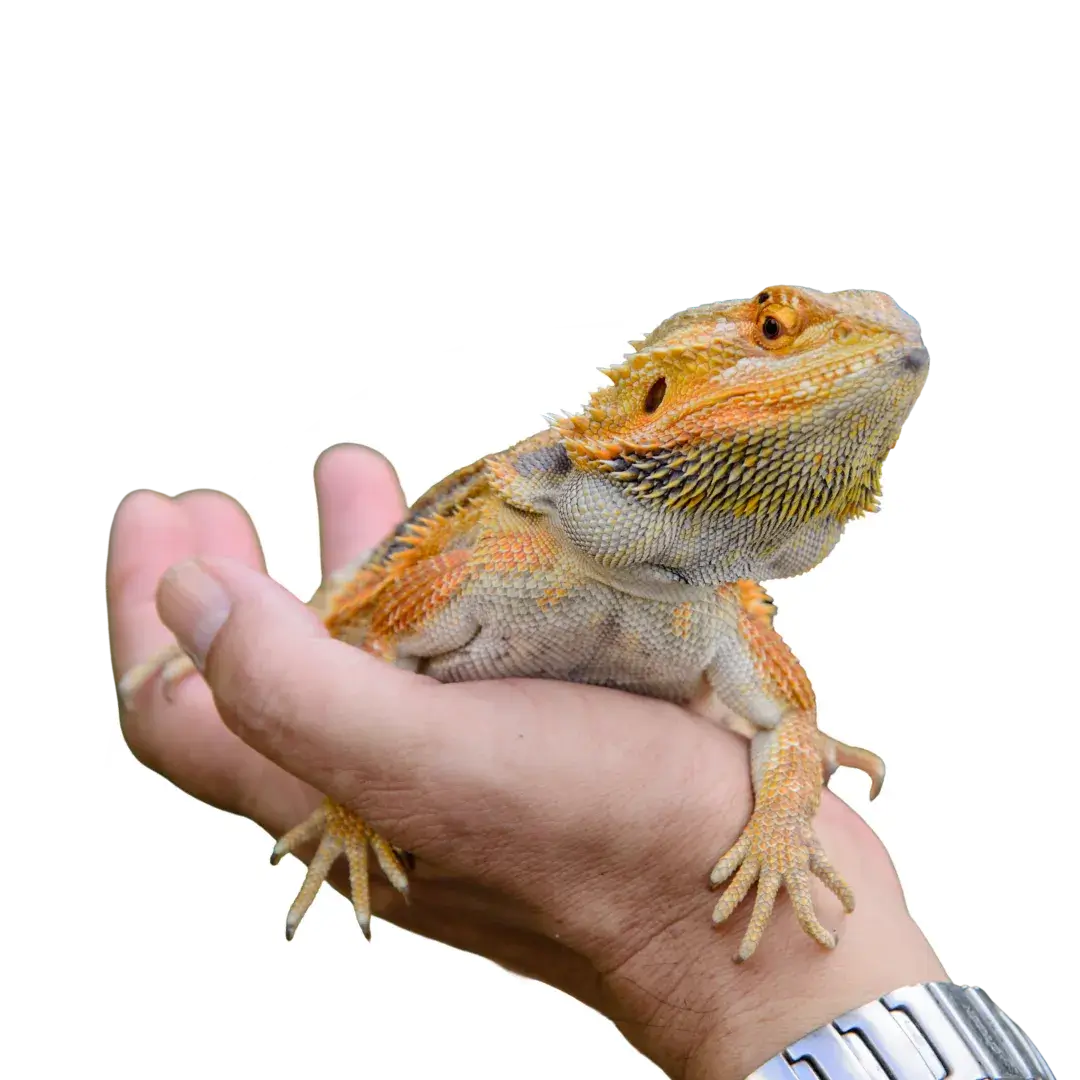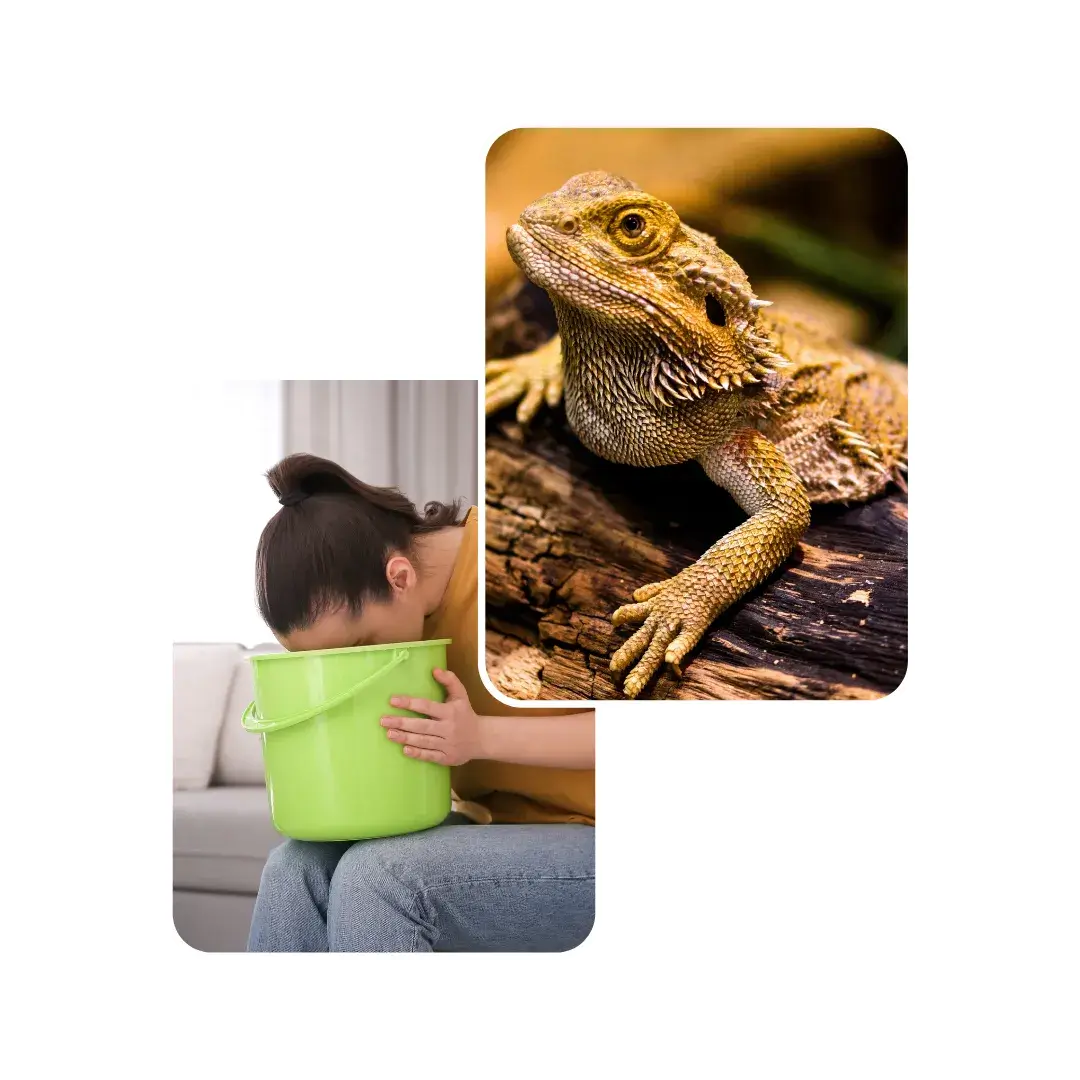

Immediate action prevents fatal dehydration. Vomiting means the gut is failing. Due to their small size, they can become critically dehydrated and go into shock within hours. We need immediate fluid therapy to stabilize their system.
Correct temperature restarts digestion. Too-low heat shuts down the digestive system, causing the food to putrefy. We provide an immediate husbandry audit to fix the temperature failure and administer medications to restart the gut.
Precision diagnostics confirm the blockage. We use urgent X-rays to rule out solid substrate impaction and fecal analysis to rule out a severe parasitic load (like Coccidia).
Gut rest promotes healing. The digestive lining is severely damaged and inflamed. A controlled fast gives the gut time to rest and heal before we slowly reintroduce highly digestible food.
Avoiding fatal aspiration. Feeding too soon risks aspiration (inhaling the food) if the gut is paralyzed, which causes fatal pneumonia. We must stabilize the gut and give anti-nausea meds first.
Your pet deserves expert care – Subscribe now for trusted tips and updates from our pet experts.
